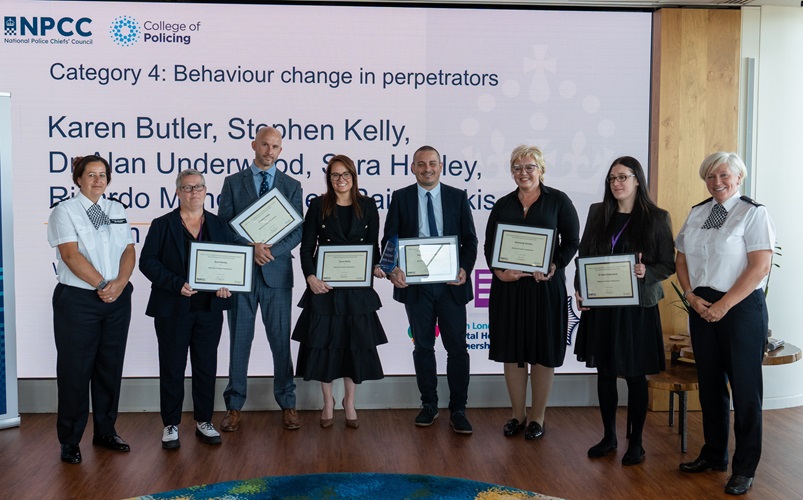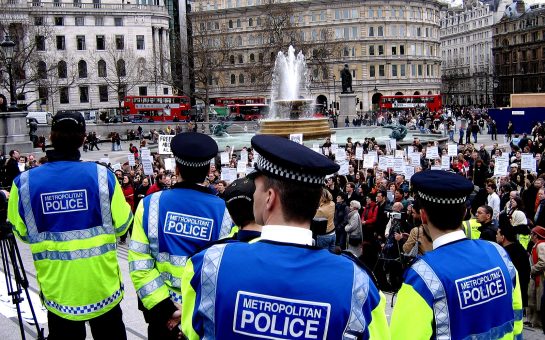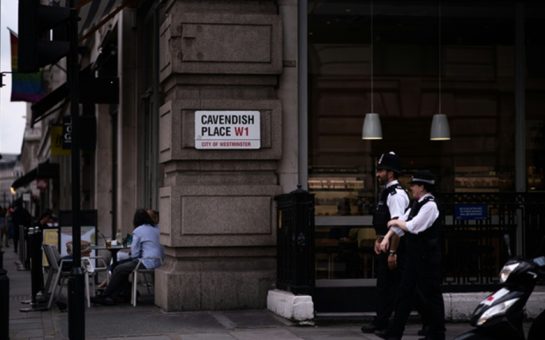The Metropolitan Police stalking unit won two national policing awards yesterday.
Detective Inspector Karen Butler and Acting Detective Inspector Stephen Kelly won National Police Chiefs’ Council (NPCC) awards for their work to tackle violence against women and girls.
Butler and Kelly said: “We are incredibly honoured to have won this award and delighted that the very important work the Met’s Stalking Threat Awareness Centre does has been recognised nationally.”
Their work focused on detecting behaviour changes in stalking perpetrators to protect victims.
Butler and Kelly’s interventions were shown to reduce reoffending by over 300 high-risk offenders by 78%.

Both winners are members of the Met’s Stalking Threat Assessment Centre, which aims to reduce reoffending in stalkers and improve outcomes for victims.
The Stalking Threat Assessment Centre also provides advice to officers investigating stalking allegations.
Assistant commissioner Louisa Rolfe and deputy assistant commissioner Helen Millichap, who oversee frontline policing operation in the Met, were in attendance at the ceremony.
Rolfe said: “I am extremely proud of Karen and Stephen, who have been rightly rewards for their incredible efforts in supporting the London response to stalking.
“As part of our commitment to tackling crime that impacts the lives of women and girls, our teams are leading the way in using cutting-edge technology to better target predatory offenders and using new techniques to identify stalkers as early as possible.”
The Met is increasing the resourcing of its frontline officers as part of the New Met for London plan, helping safeguard stalking victims.
It is also working with the health sector to offer a mental health program and probation management following sentencing.
Stalking and harassment is when someone repeatedly behaves in a way that makes you feel scared, distressed, or threatened.
If this unwanted behaviour happens two or more times, it may be a crime, and you can report it to the Police.





